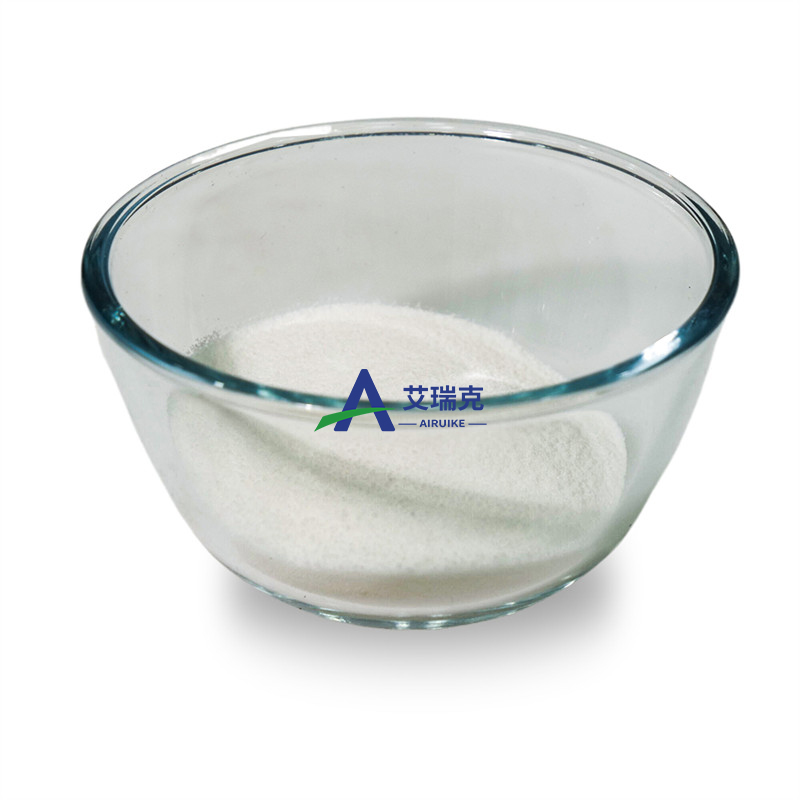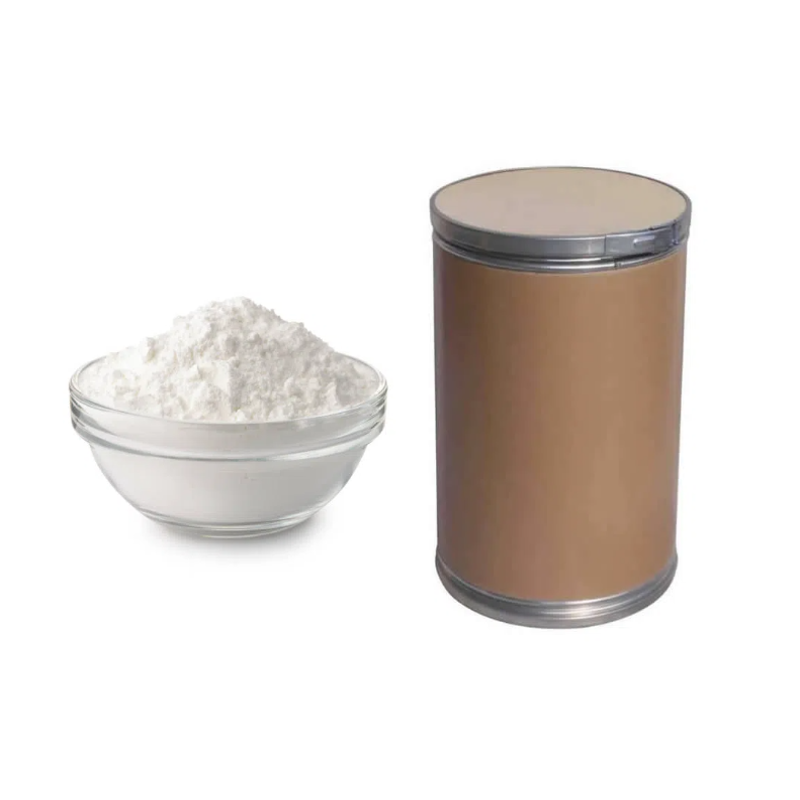-
Categories
-
Pharmaceutical Intermediates
-
Active Pharmaceutical Ingredients
-
Food Additives
- Industrial Coatings
- Agrochemicals
- Dyes and Pigments
- Surfactant
- Flavors and Fragrances
- Chemical Reagents
- Catalyst and Auxiliary
- Natural Products
- Inorganic Chemistry
-
Organic Chemistry
-
Biochemical Engineering
- Analytical Chemistry
-
Cosmetic Ingredient
- Water Treatment Chemical
-
Pharmaceutical Intermediates
Promotion
ECHEMI Mall
Wholesale
Weekly Price
Exhibition
News
-
Trade Service
Explore Xintiandi---MDT Selection Explore Xintiandi is sponsored by the Beijing Medical Award Foundation, guided by the Chinese Anti-Cancer Association Urology and Andrology Reproductive Tumor Committee, and fully supported by Yimaitong
.
It aims to promote the communication and interaction of doctors in the field of urinary oncology-MDT resource sharing, academic cutting-edge broadcasts, and improvement of clinical diagnosis and treatment
.
Click to watch the highlights of MDT highlights.
This issue of the MDT team from Peking University Third Hospital and Shanxi Cancer Hospital will bring you wonderful discussions
.
The first is a special report brought by Professor Zhang Shudong from Peking University Third Hospital
.
Special report: Measuring the comprehensive benefits of new endocrine first-line treatment of CRPC patients Professor Zhang mainly reported on three aspects: 1 Enzalutamide is an ideal solution for new hormone therapy (NHT) castration-resistant prostate cancer (CRPC); 2 Older age and high burden of comorbidities are common features of CRPC patients in China.
The first-line treatment of CRPC not only considers survival, but also measures the comprehensive benefits of patients; 3 Enzalutamide first-line NHT treatment of CRPC has more benefits
.
Professor Zhang said that compared with abiraterone, enzalutamide does not significantly increase the heart risk, and the use of enzalutamide in people with cardiovascular comorbidities is more recognized
.
And because enzalutamide does not require a combination of hormones, the use of enzalutamide to treat CRPC can avoid the clinical risk of long-term hormone therapy for prostate cancer
.
In addition, enzalutamide only needs to be taken orally once a day, no accompanying meals are required, no dose adjustment is required for liver and kidney damage, and medication management for patients is simpler
.
Case sharing and discussion (1) Professor Liu Hongyu from Shanxi Cancer Hospital shared with us "a case of prostate cancer MDT".
Multidisciplinary experts put forward suggestions on the follow-up treatment plan of this case and discussed common clinical problems
.
The patient was male, 81 years old
.
Main complaint: The physical examination found that the blood PSA was elevated for more than one month, accompanied by frequent urination, and a feeling of swelling in the lower abdomen
.
◆ NMR tips: prostate hyperplasia ◆ pathology puncture indicates prostate cancer, Gleason score 3+4=7 points Diagnosis: prostate cancer (cT2N1M1b)
.
Treatment experience: 1.
Robot-assisted laparoscopic radical resection of prostate cancer was performed in October 2019; 2.
In October 2020, PSA showed a slight increase, and in April 2021, PSA reached 0.
28 ng/ml, which is in a stage of high risk of metastasis, which is in line with biochemistry.
If recurrence occurs, the follow-up treatment plan needs to be changed
.
For patients with prostate cancer recurrence after similar curative treatment, how should they be treated in the future? Experts express their opinions
.
Professor Wu Kai said that he had conducted detailed screening of 500 cases of prostate cancer grouped in the TCG database in the past, and found that there was no imaging progression after surgery, but there were about 60 patients with PSA progression or biochemical recurrence, of which there were 23 cases of ADT rescue radiotherapy, 37 cases of direct radiotherapy, the results of the database show that the survival time of patients after radiotherapy is indeed prolonged
.
Therefore, Professor Wu himself is more supportive of salvage radiotherapy after biochemical recurrence.
He believes that this is a benefit to the patient and the evaluation of the quality of life is of greater benefit
.
Case sharing and discussion (2) Professor Zhang Fan from Peking University Third Hospital shared with us "a case of multidisciplinary collaborative treatment of stage T4 prostate cancer".
Experts from the two hospitals proposed a follow-up treatment plan for advanced prostate cancer patients after progression.
Suggestions and discusses common clinical problems
.
Male patient, 58 years old
.
Main complaint: frequent urination and dysuria for 5 months
.
◆Physical examination: hard prostate, no tenderness ◆Ultrasound showed mild bilateral hydrops and hypoechoic nodules in the triangle area of the bladder.
Diagnosis: prostate acinar adenocarcinoma (T4NxM0)
.
Treatment experience: 1.
In October 2014, he underwent radical prostatectomy plus lower half bladder resection, bilateral ureter-bladder replantation and surgical treatment of enlarged lymph node dissection; 2.
At the end of 2016, the patient had disease progression, and new metastases appeared in the sacrum and left ischia Docetaxel chemotherapy for the disease and multiple lung metastases; 3.
In 2018, bone metastases progressed, and docetaxel chemotherapy was performed again; 4.
June 2020, metastasis radiotherapy; 5.
February 2021, metastasis The lesion progressed significantly, PSA increased, and bone pain worsened.
He died of heart failure in May 2021
.
For locally extremely high-risk patients who have lymph node metastasis and have a lot of negative pathological information, how should we choose adjuvant therapy? Professor Ma Lulin said that the patient's adjuvant treatment method should be selected according to the patient's condition and economic status, and at the same time, considering the comprehensive treatment plan of the guideline
.
Secondly, he proposed that if the PSA value does not increase, it will progress to T4 stage, which is often highly malignant prostate cancer, and a considerable part of neuroendocrine tumors.
According to Professor Ma’s previous puncture results, it is about 15%-16%.
After the recurrence of prostate cancer, it is neuroendocrine tumor
.
Regarding the source of neuroendocrine tumors, Professor Ma said that some are induced after drug treatment, and some are neuroendocrine tissues in the prostate tissue itself, which developed from this place.
There is no final conclusion for the time being, but in general It also tends to be more likely to be caused by induction
.
Therefore, he believes that neuroendocrine tumor therapy can be considered
.
In the special report, how do CRPC patients benefit best from first-line treatment? In the case discussion, how should patients with advanced prostate cancer choose treatment options? Click "Read the original text" below to watch the wonderful special report and MDT discussion
.
Click "Read the original text" below to watch the full wonderful special report and MDT discussion







